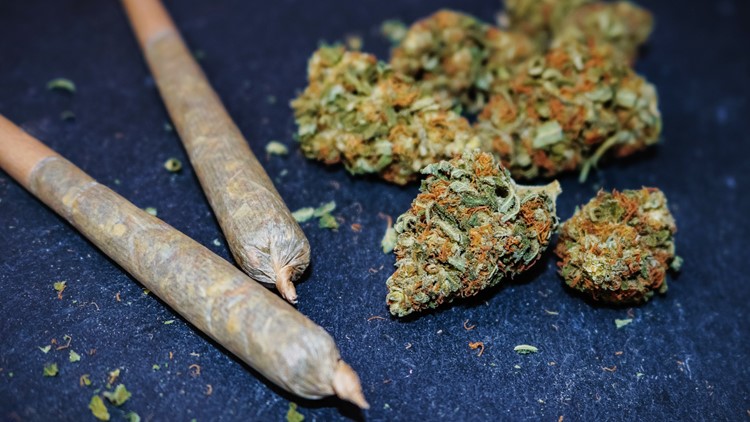HARRISBURG, Pa. — Pennsylvania lawmakers announced planned legislation that would legalize adult-use cannabis in Pennsylvania.
State Reps. Rick Krajewski and Dan Frankel announced Monday their co-sponsorship memo for landmark legislation to decriminalize cannabis in Pennsylvania. The legislatures vow the legislation would create a strong marketplace that centers public health, raises state revenue and supports individuals and communities harmed by the criminalization of cannabis.
Krajewski, who led the House Health Subcommittee on Health Care, chaired five hearings in the previous legislative session to examine the successes and failures of cannabis programs in other states.
“We’ve heard from public health experts," said Krajewski. We’ve heard from criminal justice and social equity advocates. We’ve learned directly from states across the country how to get this done safely and efficiently, generating hundreds of millions of dollars in public revenue. It’s time to move forward in Pennsylvania before we fall further behind.”
Twenty-four other states, including nearly every state that shares a border with Pennsylvania, have already legalized recreational marijuana.
Polls show that cannabis decriminalization is popular among Pennsylvanians across all political parties.
Frankel, who is majority chair of the House Health Committee, said that the criminalization of cannabis has been disastrous for the commonwealth, particularly within communities of color.
“We have a moral obligation to not only legalize but also to work to repair the damage caused by decades of marijuana arrests,” Frankel said, noting that many states’ newly legal markets have struggled due to poor regulation and legal attacks from out-of-state cannabis corporations. “Our bill will deliver a market that protects the public health, benefits our taxpayers and uplifts those communities that were disproportionately harmed by prohibition policies.”
The legislation prioritizes:
- Expungement and restorative justice for those affected by draconian drug policies.
- Reinvestment of funds into communities disproportionately harmed by the war on drugs.
- Public health protections, such as limiting excessive THC levels, prohibiting predatory marketing and packaging, preventing accidental ingestions by children and other recommendations developed by our nation’s leading scientists.
- Providing sustainable cannabis business opportunities for local and diverse operators.
“Prohibition was a reckless and racist policy which deliberately targeted and destroyed Black and Brown communities,” said Krajewski. “As a criminal justice organizer and chair of the Pennsylvania Sentencing Commission, I’m fighting to ensure that we reinvest revenue generated from the cannabis industry into areas most impacted by the War on Drugs and ensure that those who are still dealing with criminal sentences and records are able to finally move on.”



